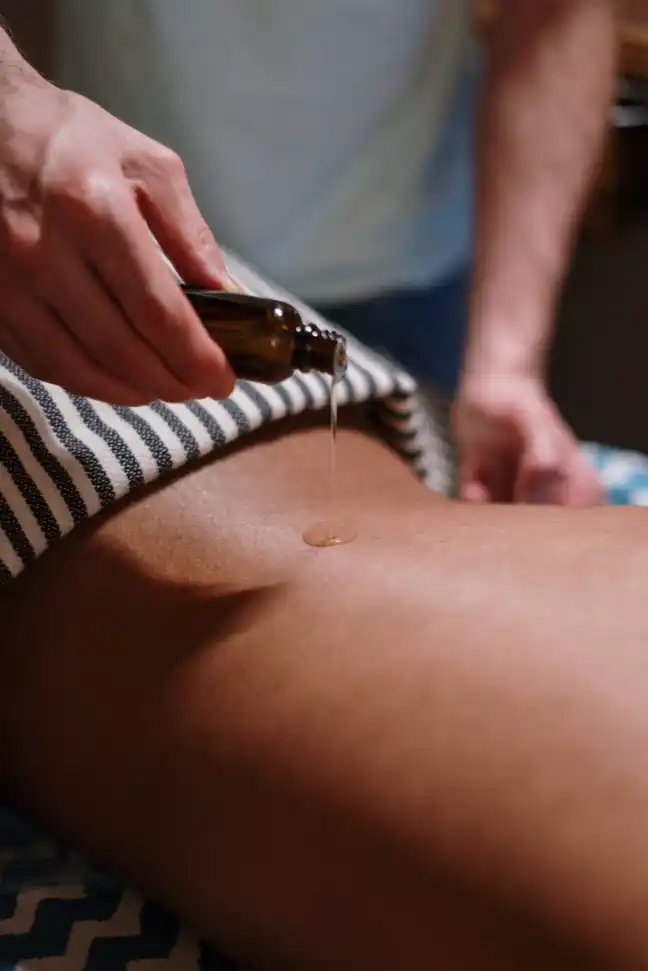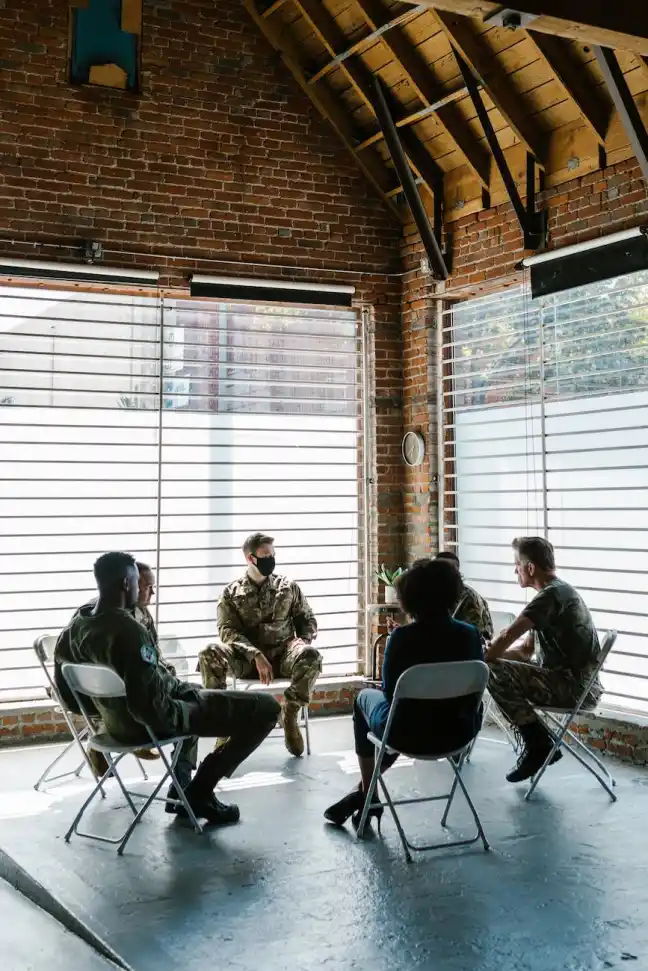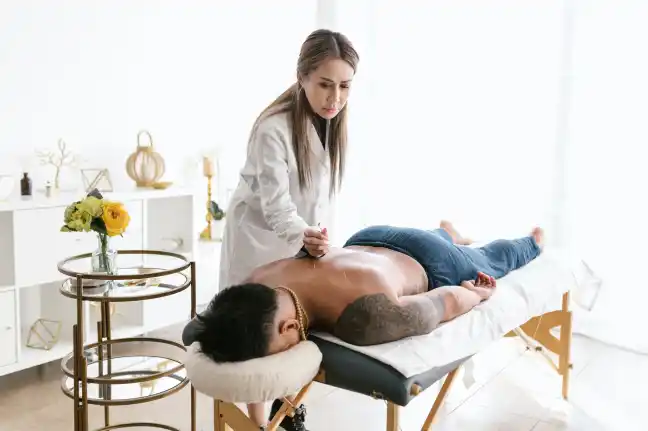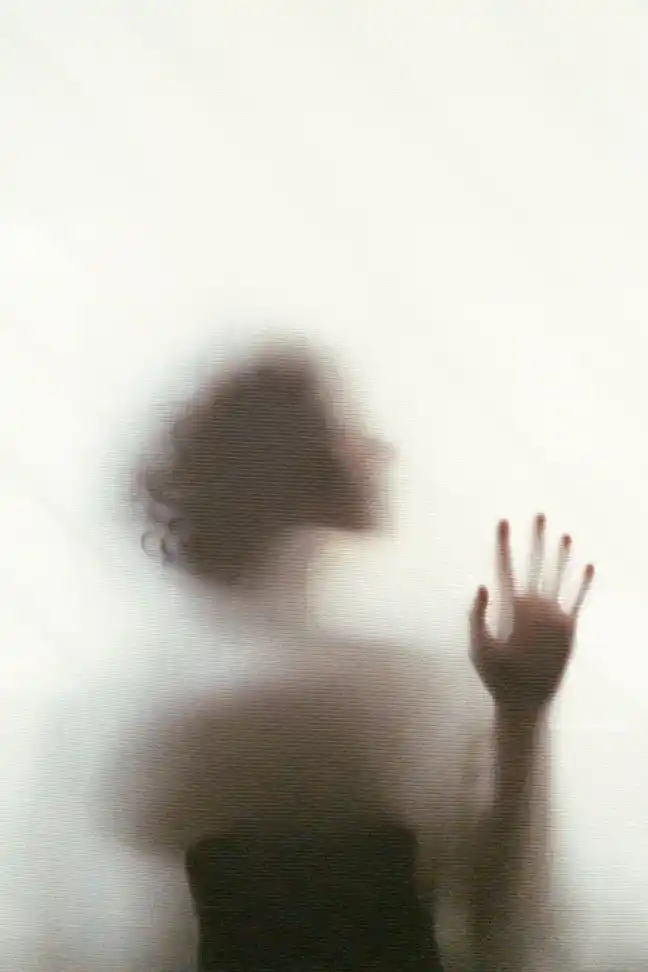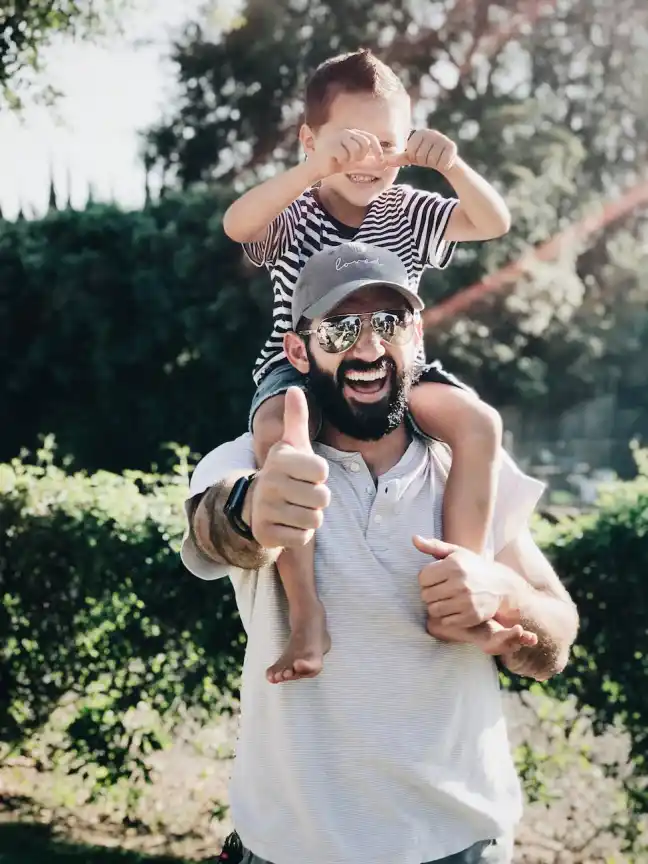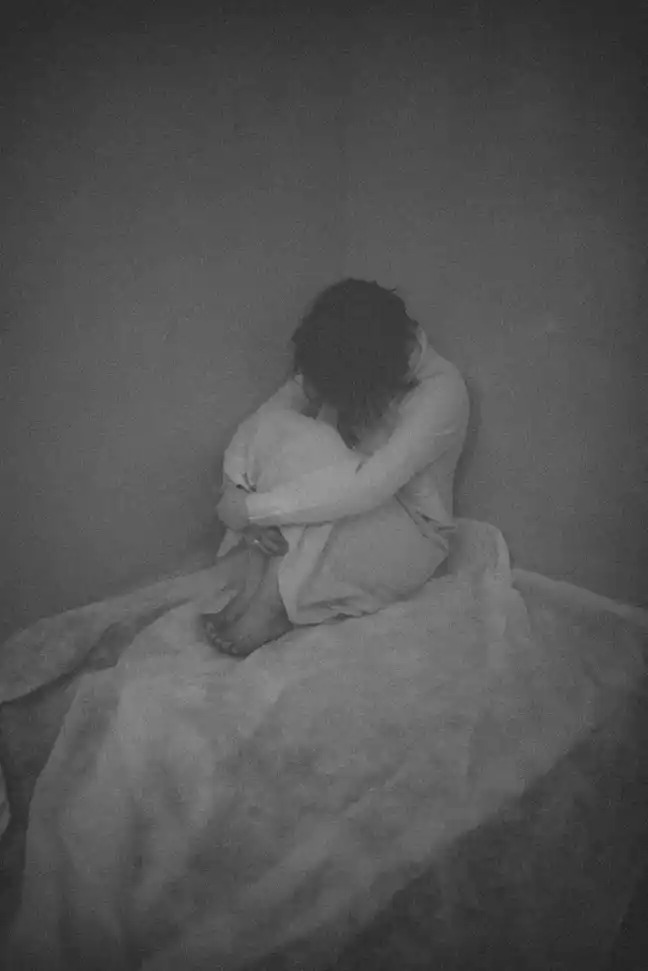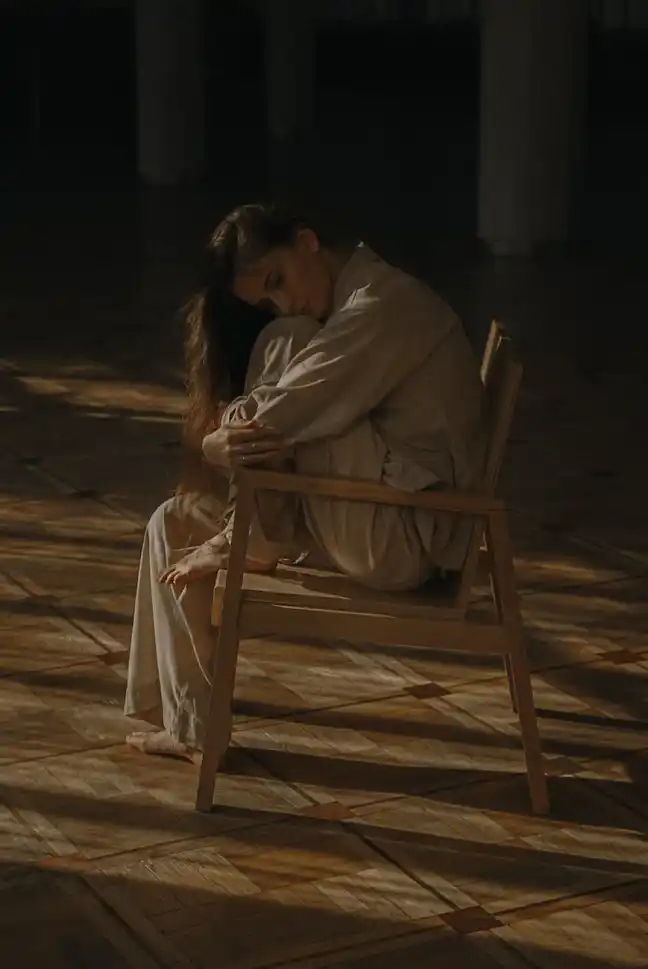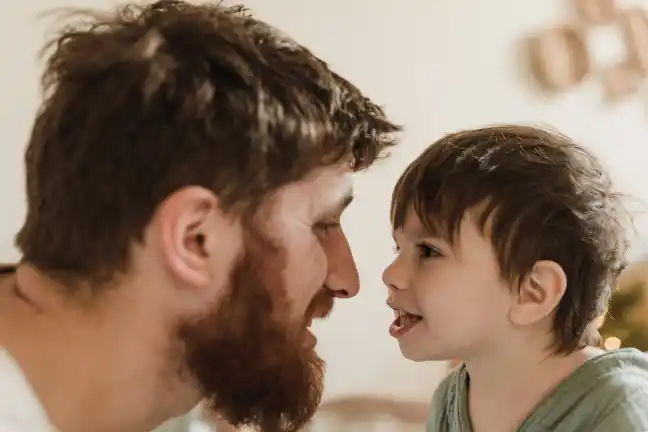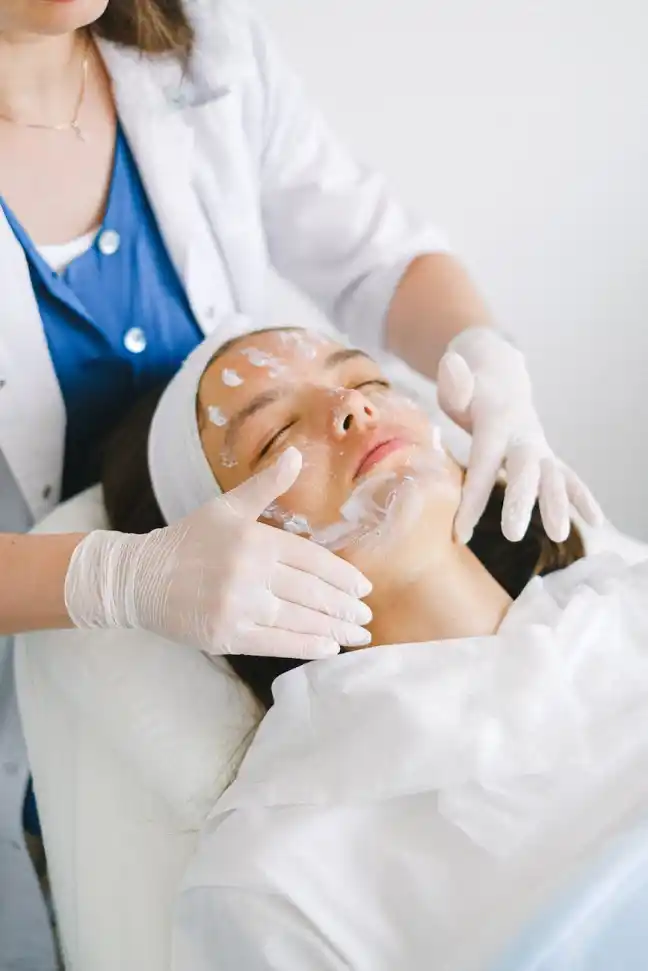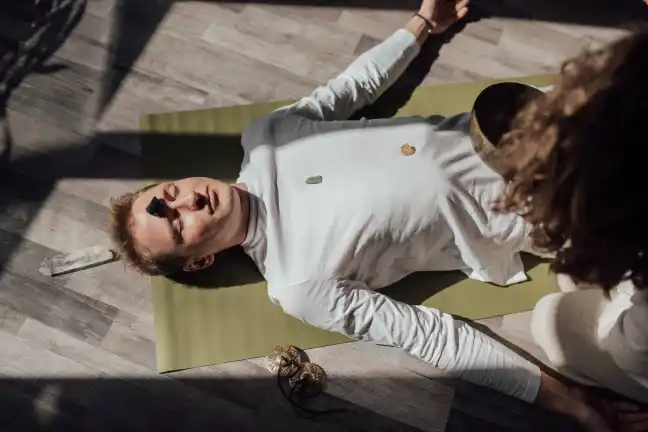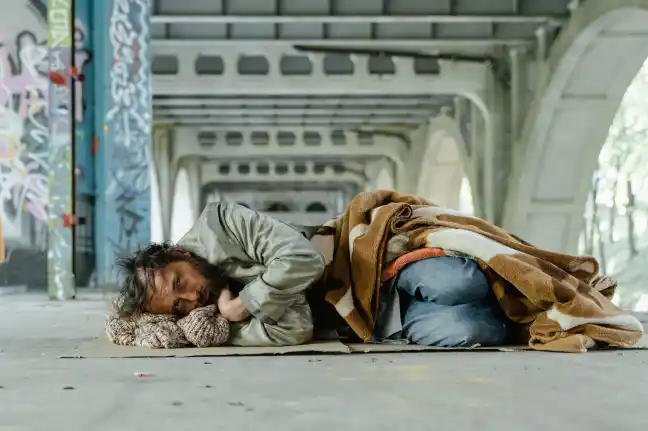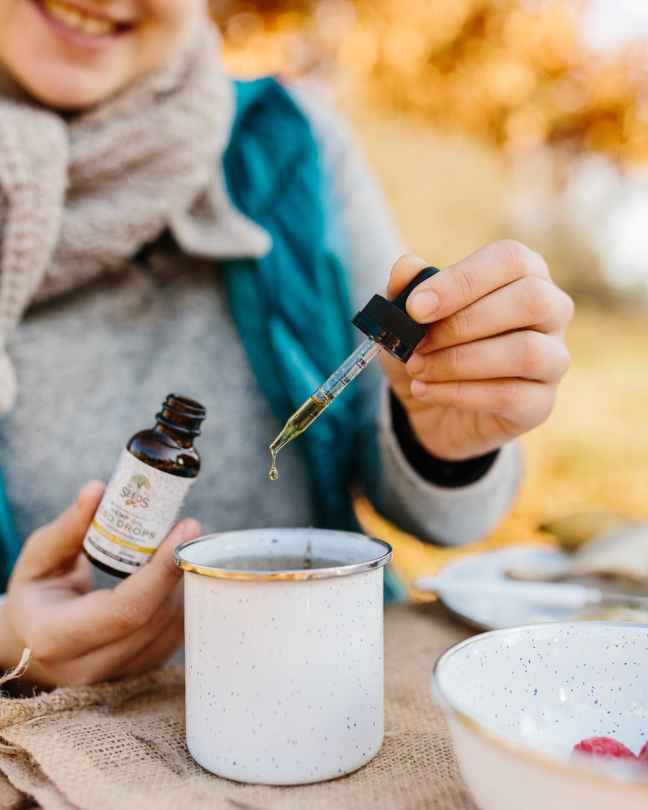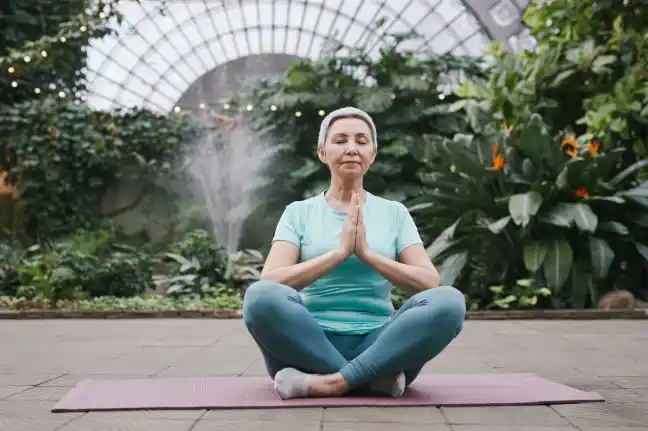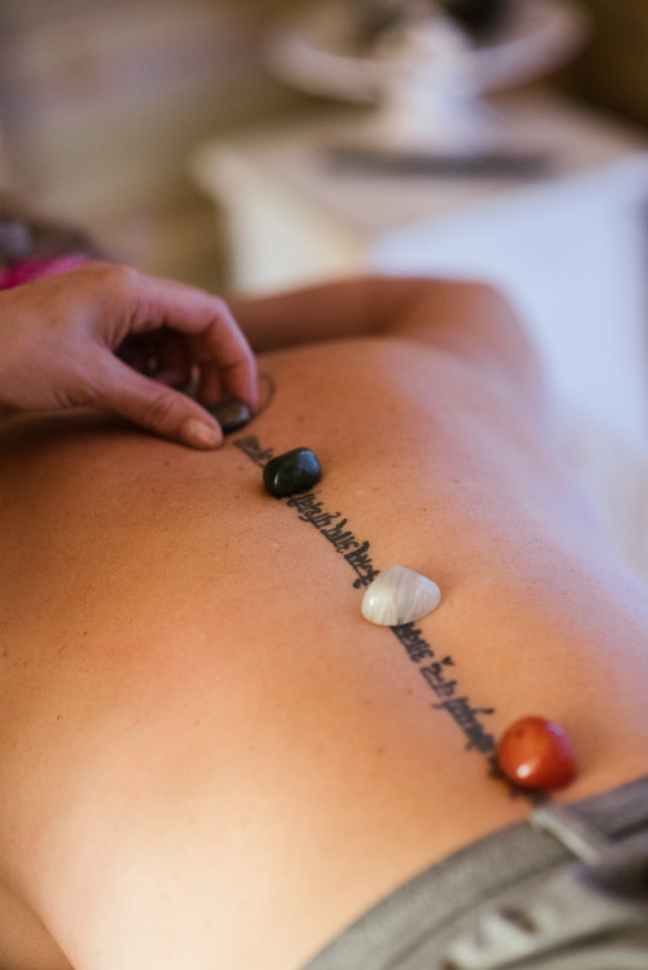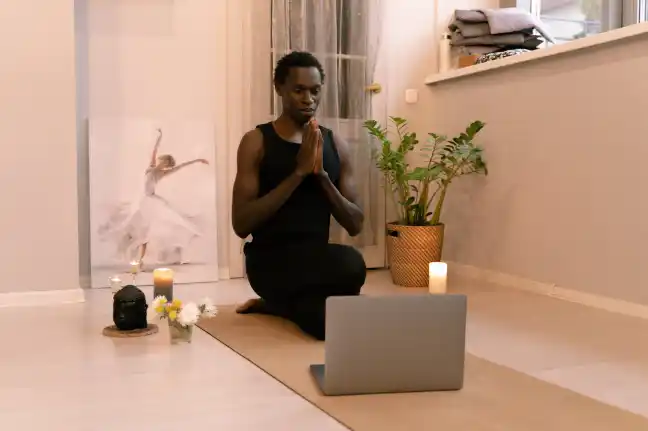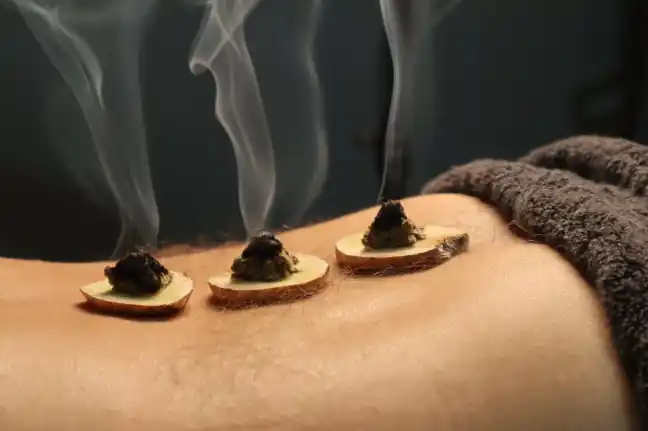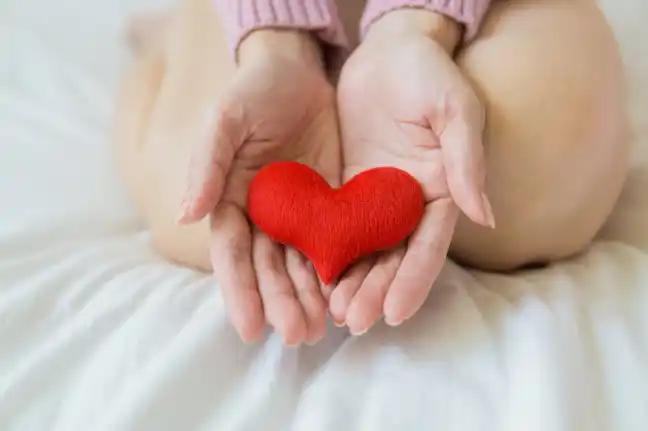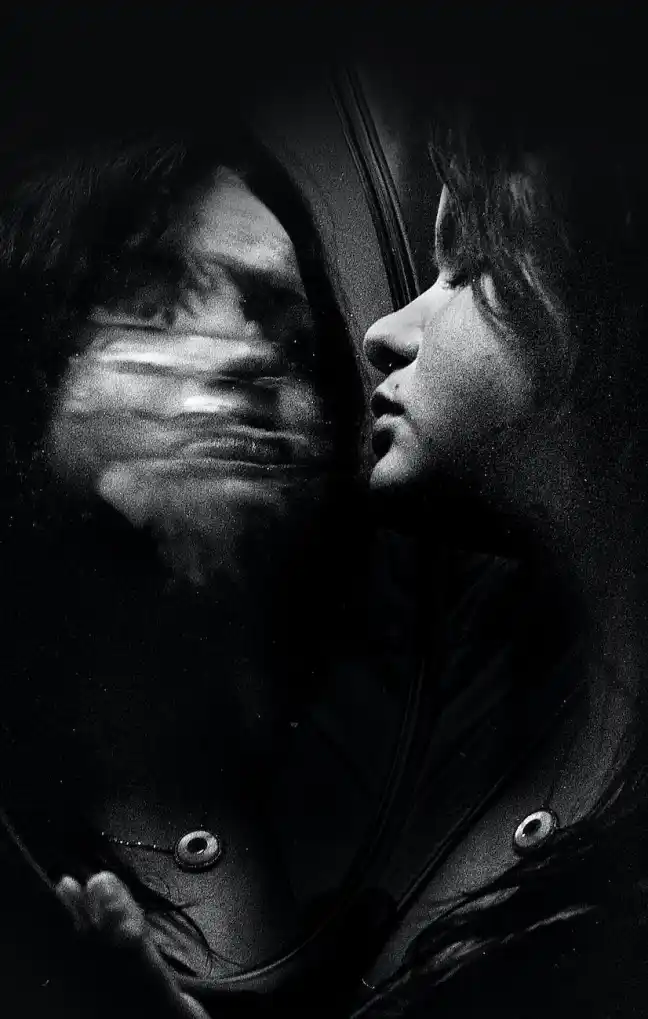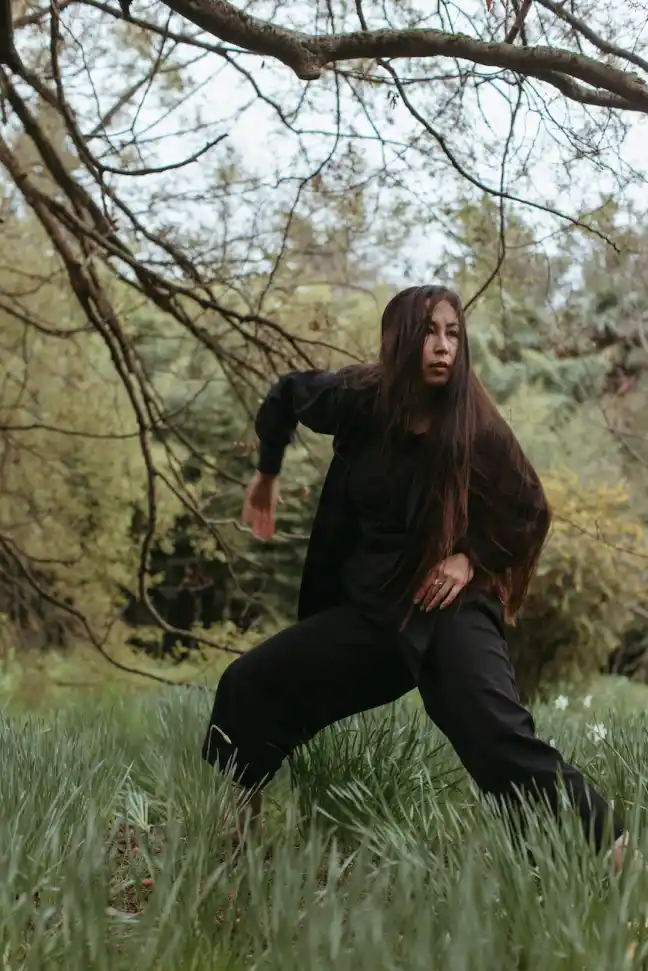Understanding Survivor’s Guilt PTSD: Symptoms, Causes, and Treatment
Survivor’s Guilt happens when an individual experiences feeling of guilt because they survived a life-threatening event when others didn’t. Survivor’s guilt is a common reaction to life-threatening traumatic events, and a symptom of post-traumatic stress disorder (PTSD).
The symptoms of PTSD survivor guilt can vary, it depends on many factors.
Survivor’s Guilt PTSD: Understanding the Aftermath of Trauma
When people survive a traumatic event in which others lost their lives, the following symptoms can be present:
- Constantly questioning what they did during the traumatic event
- Questioning what they did not do when the event happened
- Reliving flashbacks of the traumatic event
- Ongoing nightmares related to the traumatic event
- Anger and irritability
- Obsessive thoughts about the traumatic event
- Feeling disconnected from others
- Feeling disconnected from life in general
- Lack of motivation
- Difficulty sleeping
- Feeling fearful
- Feelings of confusion
- Thoughts of suicide
- The desire to isolate from others
- Nausea and headaches
Survivor’s guilt as a form of PTSD that requires treatment.
Survivors often question why they managed to escape death while others passed away. People suffering from PTSD survivors’ guilt will often wonder if there was something they could have done to help others survive, or to change the outcome of the event that turned deadly. In some cases, the trauma they are experiencing can have negative effects on their relationships with friends and family, with their employer, and cause additional psychological problems including depression.
Seeking help for survivor’s guilt PTSD communicates to your nervous system that you are worthy of healing, and wholeness.
Acupuncture: A Path to Healing
Acupuncture can help with PTSD, by regulating the way the brain controls the body, and restores balance to the mind and body.
Brainspotting: Targeted Treatment for Trauma
Brains potting is a highly effective focused treatment used to treat survivors of PTSD and other types of trauma that works by pinpointing, processing and releasing vital neurophysiological sources of trauma, emotional pain, bodily pain, and a number of other complex symptoms.
Frozen Energy: Movement and Release
People suffering from survivors’ guilt PTSD might feel their energy frozen or pent up, and this can be very painful. Using movement or touch, can help the mind and body release painful survival energy lodged in the autonomic nervous system. Yoga, Tai Qi, or Qi Gong is especially helpful.
Diverse Faces of Survivor’s Guilt PTSD: Who’s Affected?
Survivor’s guilt doesn’t discriminate—it can affect various individuals who have endured traumatic events. From first responders and war veterans to cancer survivors and those who witnessed acts of terror, the emotional aftermath can be overwhelming.
- First responders
- Cancer survivors
- Graphic accident survivors
- Transplant recipients
- War veterans
- Holocaust survivors
- 9/11 survivors
- Natural disaster survivors
- Crash survivors
- Family member of those with fatal medical conditions
- Family member of someone who committed suicide
- Parents who outlive their children
- Victims of physical and emotional abuse
- Rape victims
- Witness to an act of terrorism
Taking the First Step: Seeking Help
Acupuncture can help with PTSD, by regulating the way the brain controls the body, and restores balance to the mind and body.
Acknowledging the impact of survivor’s guilt PTSD is the first step towards healing. Whether you’ve survived a traumatic event personally or are supporting someone who has, seeking help and understanding that you deserve care are crucial in the journey to recovery.
Not everyone who experiences some of the above events suffer from survivor’s guilt PTSD, but guilt is a common emotion people are left with when experiencing these horrible events, and the numbers of undiagnosed people are alarmingly high. Seeking help is the most important first step, and you deserve to have the right care .
Survivor’s guilt PTSD is a complex emotional response that demands understanding and compassionate care. If you’re navigating this challenging path, remember that healing is possible, and you’re not alone. Reach out to experienced professionals like Dr. Anna Bäck, who can guide you toward the path of recovery and restoration.




